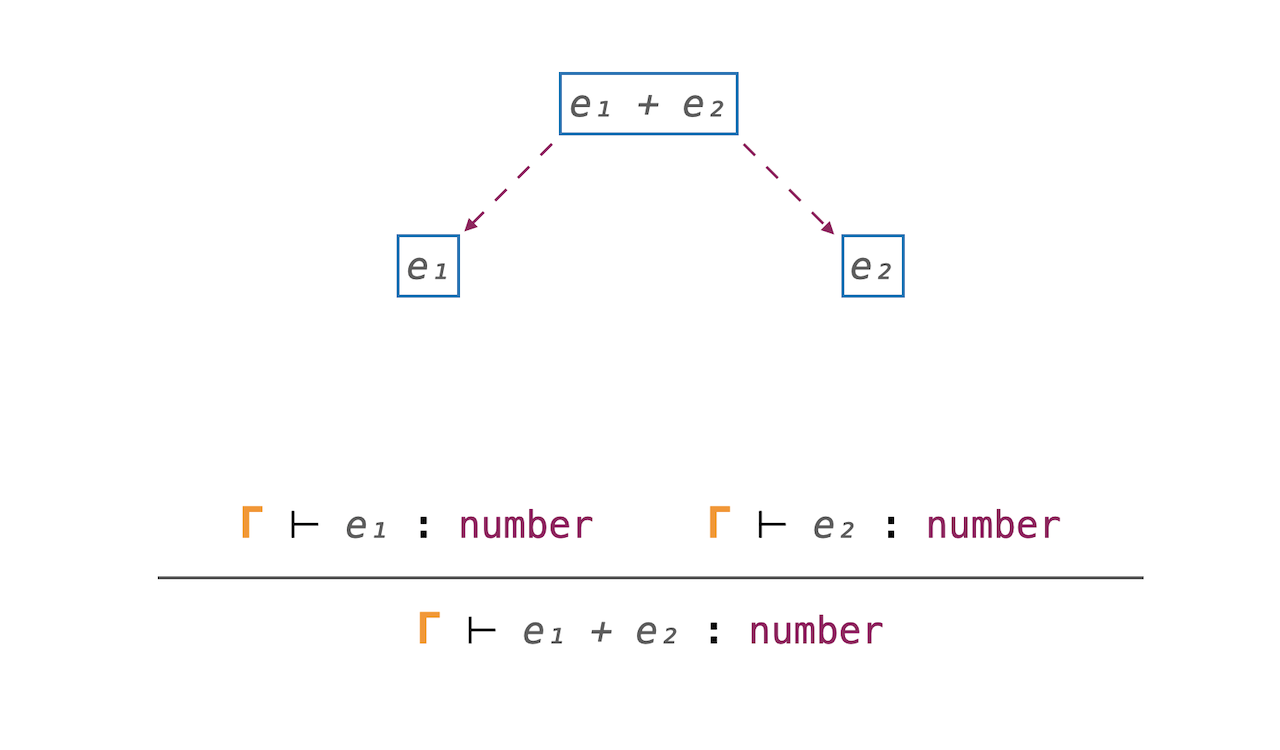Course overview
Untyped programs are often prone to errors, runtime exceptions, and can make debugging much harder. That’s why many production languages implement a static typechecker — an extra module, which is aimed to increase programs safety and make development simpler.
Type checking or type inference? What is Type theory and Type judgements? Is my language weakly or strongly typed? And how am I actually going to implement a typechecker?
There are so many questions when it comes to implementing this module. If you’ve been asking those questions in implementing your programming language, or just want to understand how typeckechers work under the hood, on a hands-on practical implementation, this course is for you.

Often related books on Type theory and type judgements go to theoretical aspects viewing types as mathematical sets, not explaining how actually to build a practical typechecker. I believe we should be able to build and understand a typechecker for a full programming language, end-to-end, in 2-4 hours — with a content going straight to the point, showed in live coding sessions as pair-programming and described in a comprehensible way.
In the Building a Typechecker from scratch class we focus specifically on a static typechecker, and build a similar to TypeScript, Java, etc. We slightly touch Type theory and already since the first lecture go into the practical implementation.
Implementing a typechecker would also increase your engineering level, as it touches several aspects of data structures and algorithms.
